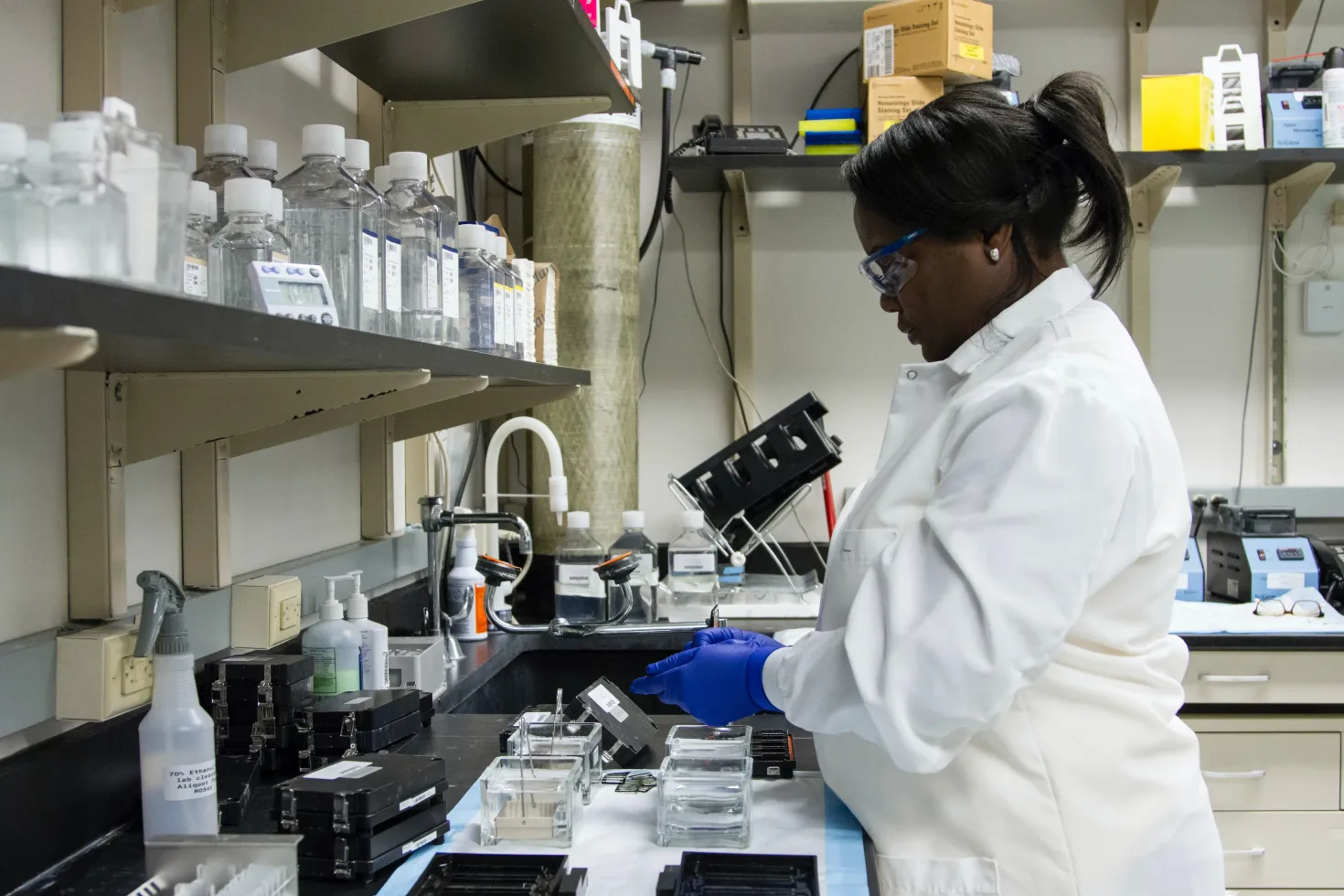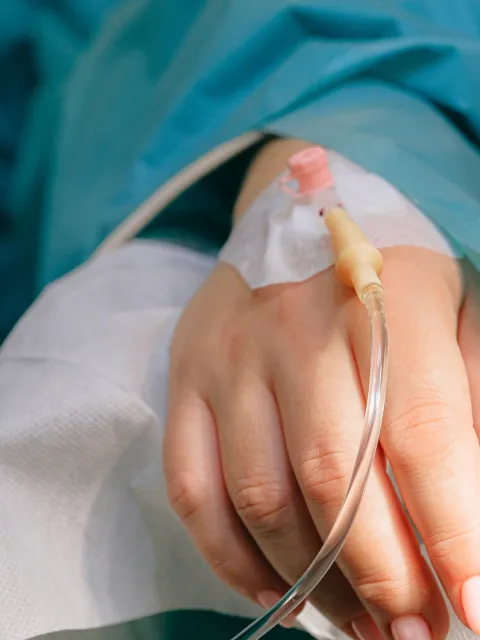UICC underscores the impact of AMR on cancer treatment during World AMR Awareness Week
UICC joined global efforts this 18-24 November and encourages its members to help address the urgent challenge posed by antimicrobial resistance or AMR, particularly to the delivery of effective and appropriate cancer treatment.

HIGHLIGHTS
-
AMR poses a severe threat to cancer patients by making infections harder to treat, increasing risks like sepsis and other complications.
-
World Antimicrobial Awareness Week (WAAW), from 18-24 November, focused on the theme “Educate. Advocate. Act now” to address AMR.
-
Effective antimicrobial stewardship and infection prevention and control (IPC) in human health, animal care, and agriculture and the environment are crucial for responsible antibiotic use to preserve the efficacy of treatments.
-
UICC offers extensive resources on AMR, including expert videos, infographics, and real-life testimonies from patients, their loved ones, and healthcare providers, highlighting the challenges of managing cancer alongside drug-resistant infections.
Without access to effective antimicrobials such as antibiotics and antifungals, the risks of delayed treatment, increased costs to the health system as well as the individual, medical complications including sepsis, and even death, rise substantially for people living with cancer.
UICC, through its advocacy and partnerships and guidance from the AMR Task Force, has consistently called attention to the intersection of antimicrobial resistance (AMR) and cancer. UICC welcomed the political declaration made at the recent United Nations High-Level Meeting on AMR as a step forward in integrating AMR strategies into cancer control, recognising the need for coordinated global responses to protect patients and improve treatment outcomes.
World AMR Awareness Week takes place every year from 18-24 November. For the occasion, UICC compiled resources and educational materials to highlight the threat that AMR poses to the progress being made in treating cancer and on a patient’s quality of life.
These materials include an explanatory video, social media cards, Virtual Dialogues, articles, infographics, and several podcasts with experts in the field. They are designed to support UICC members and healthcare providers, policymakers, and the public in joining the global call for a greater understanding of the crucial role of antibiotics and antifungals and other antimicrobials in cancer care and the urgent need to preserve their effectiveness.
Real-life testimonies
UICC has also gathered on its dedicated webpage a number of testimonies, in the form of videos and written posts. They illustrate how drug-resistant infections can lead to prolonged hospital stays, delays in cancer treatment, and increased emotional and financial burdens on patients and their families, especially in settings where access to newer medications and specialised care is limited.
These testimonies also convey the immense strain that the dual diagnosis of cancer and a drug-resistant infection place on healthcare systems, which often struggle with limited resources and high costs of care.
Despite the challenges, these testimonies also reveal stories of resilience and the positive impact of innovative treatments, reinforcing the need for global action to improve care, preserve antimicrobials and address antimicrobial resistance.
A One Health approach and the need for effective antimicrobial stewardship
AMR is not confined to any one region, it is a global challenge requiring a coordinated international response. Neither is it a challenge restricted to the human health sector. A key focus of the World AMR Awareness Week campaign is on the need for a One Health approach to tackle AMR. This strategy recognises that efforts to address AMR requires multisectoral collaboration and cannot focus solely on humanhealth, but must also address how antimicrobials are used in animal health in agriculture and the environment.
In human health, the improper use of antimicrobials speeds up the resistance to these medicines, making infections harder to treat. This includes using them when not needed, such as treating viral infections with antibiotics. It also happens when they are taken without a prescription, used in incorrect doses, or not completed as prescribed.
Antibiotics are also used to treat infections in livestock; however, there are at times misused as growth promoters or when trying to prevent or control infections. This also leads to resistant bacteria, which can then spread between animals and humans through direct contact or through the food chain.
Finally, antimicrobials can enter natural ecosystems through wastewater, agricultural runoff, and improper disposal. These substances can build up in soil and water, encouraging the development of resistant bacteria in the environment, which can eventually impact human and animal health.
Effective antimicrobial stewardship involves implementing policies and practices that promote the responsible use of antibiotics and other antimicrobial agents, ensuring they are used only when necessary and in appropriate dosages. This approach helps preserve the effectiveness of existing medicines, reducing the spread of resistance.
For cancer care, highlighting the importance of infection prevention and control (IPC) and stewardship is essential. It requires collaboration between oncologists, infectious disease specialists, and pharmacists to make evidence-based decisions about IPC and infection management.
This careful management helps minimise the emergence of resistant strains and maintains the efficacy of critical treatments. UICC supports these efforts by providing resources to its member organisations and advocating for policies that prioritise stewardship across healthcare systems globally.
Last update
Wednesday 27 November 2024
